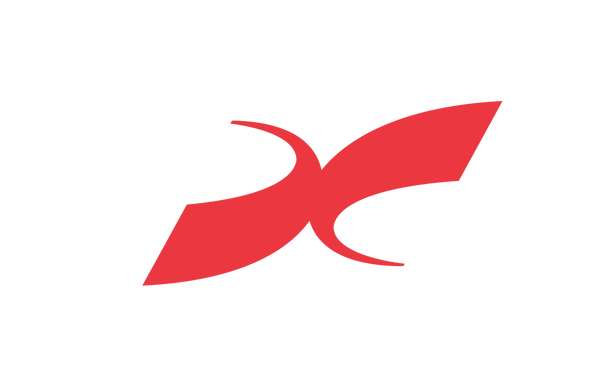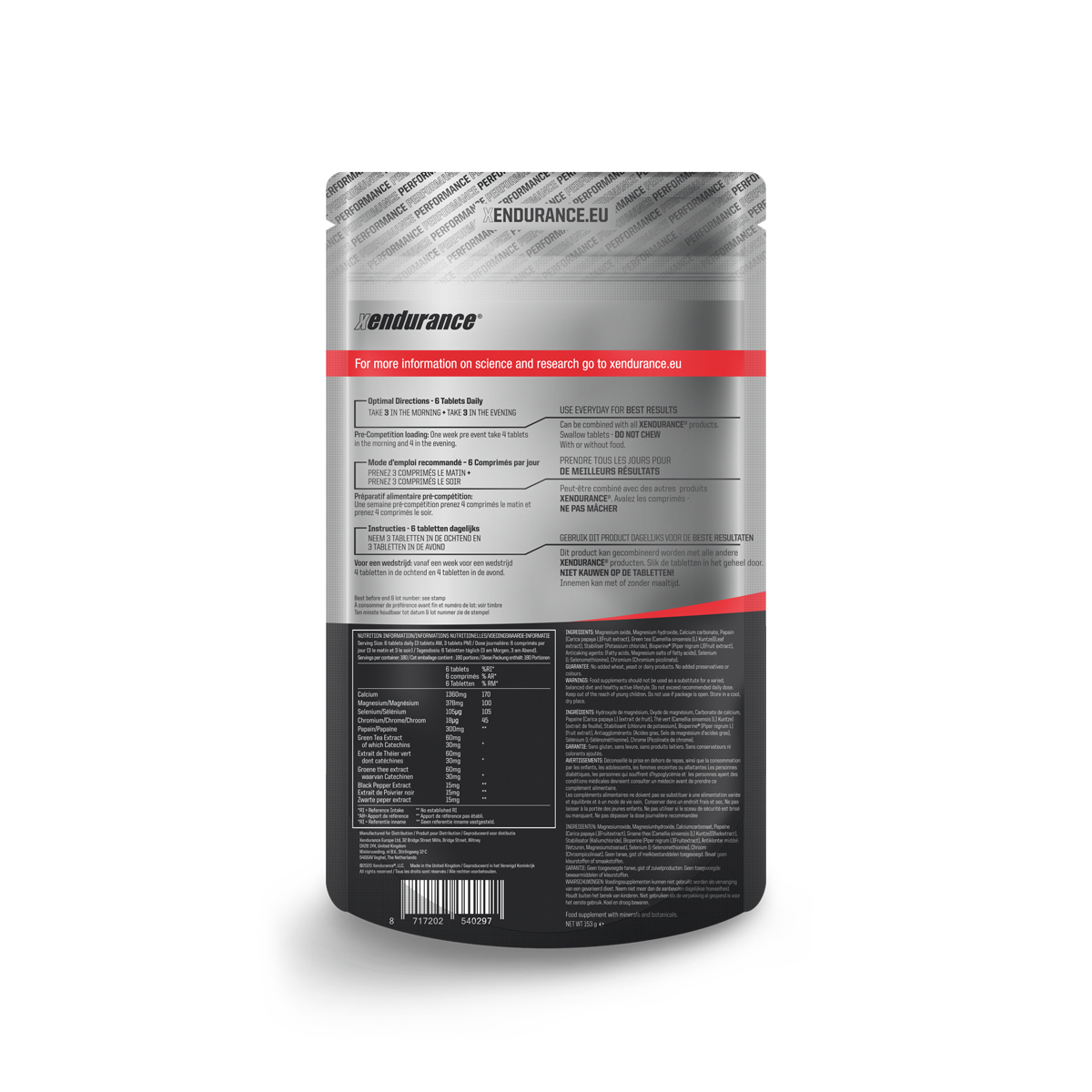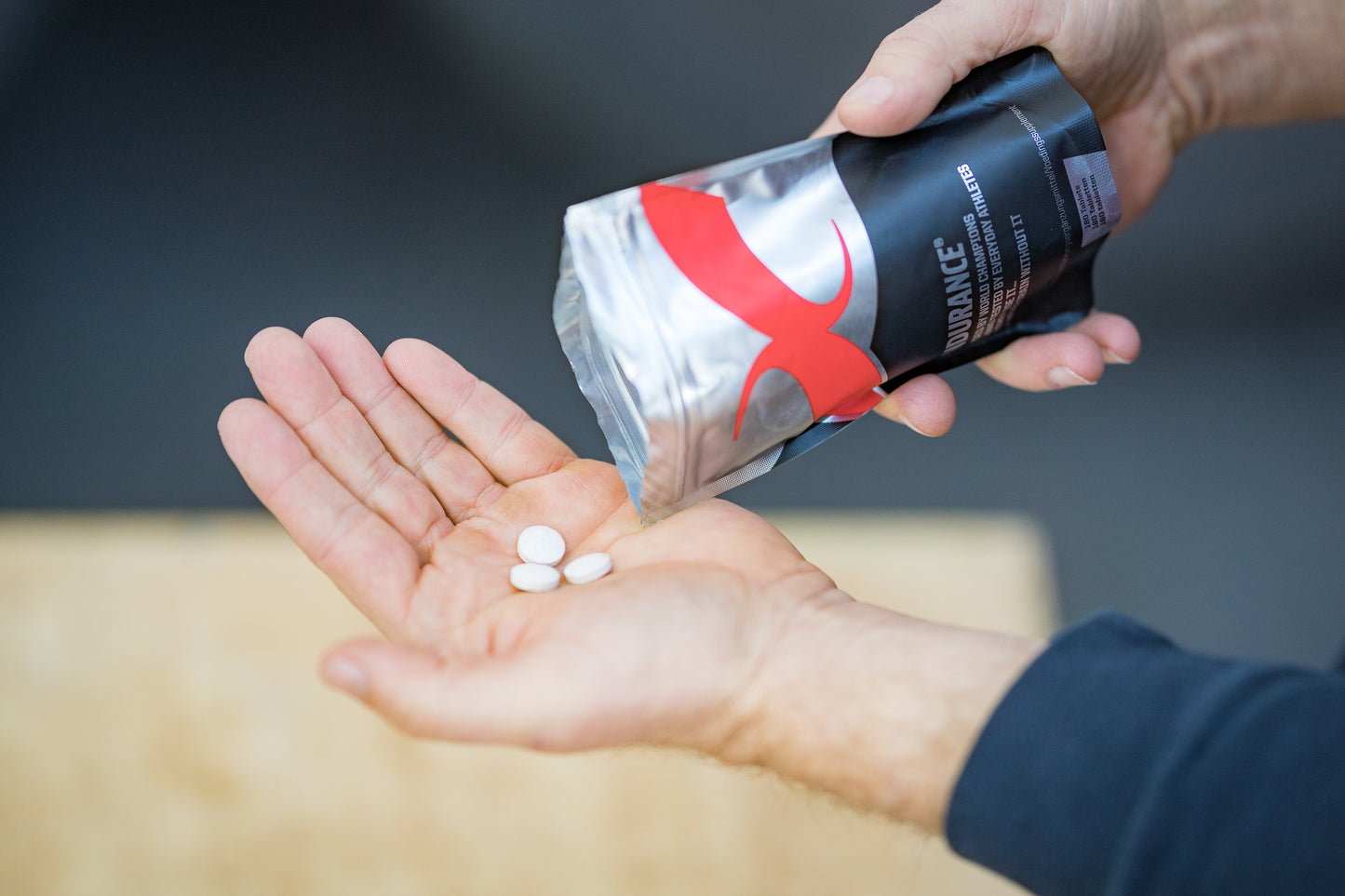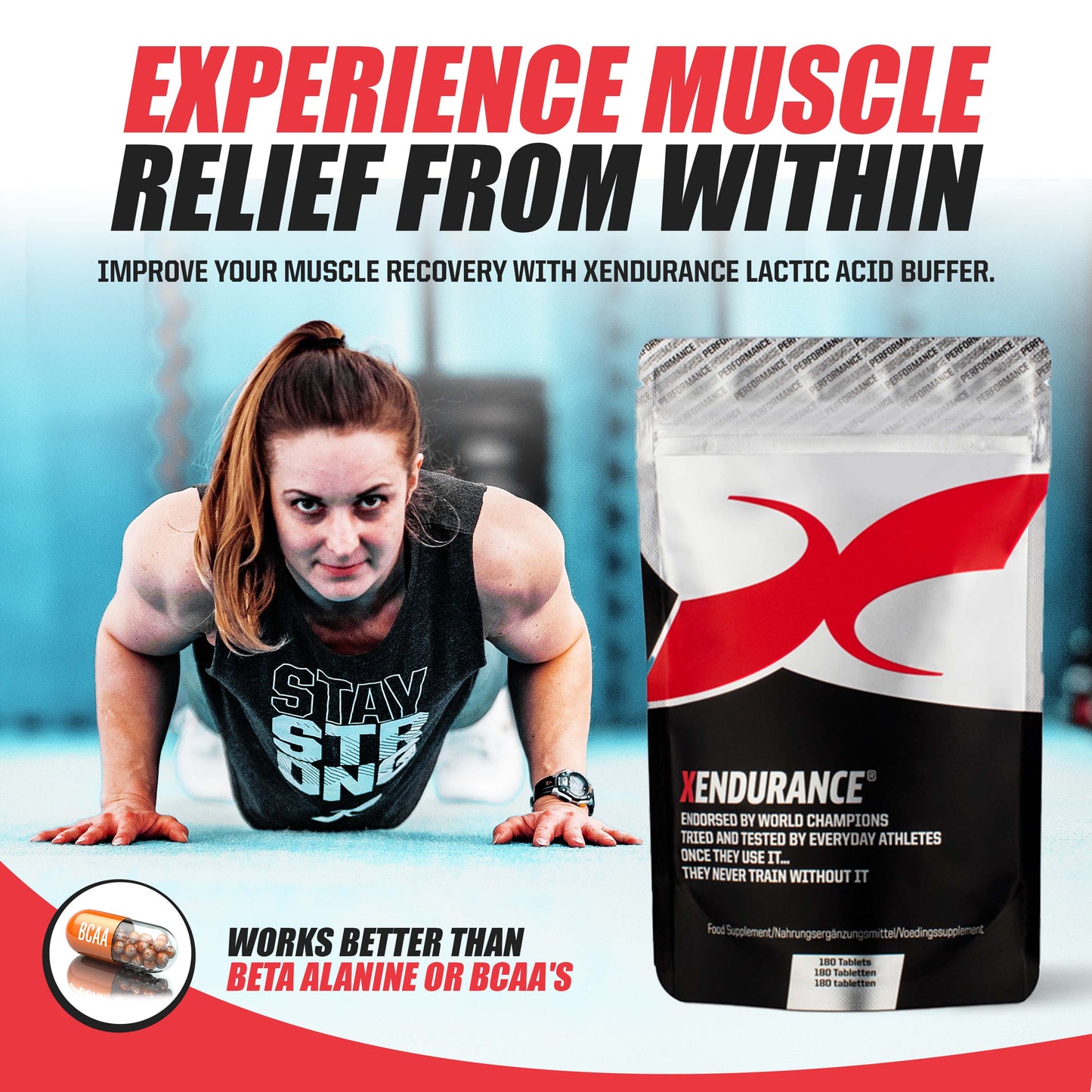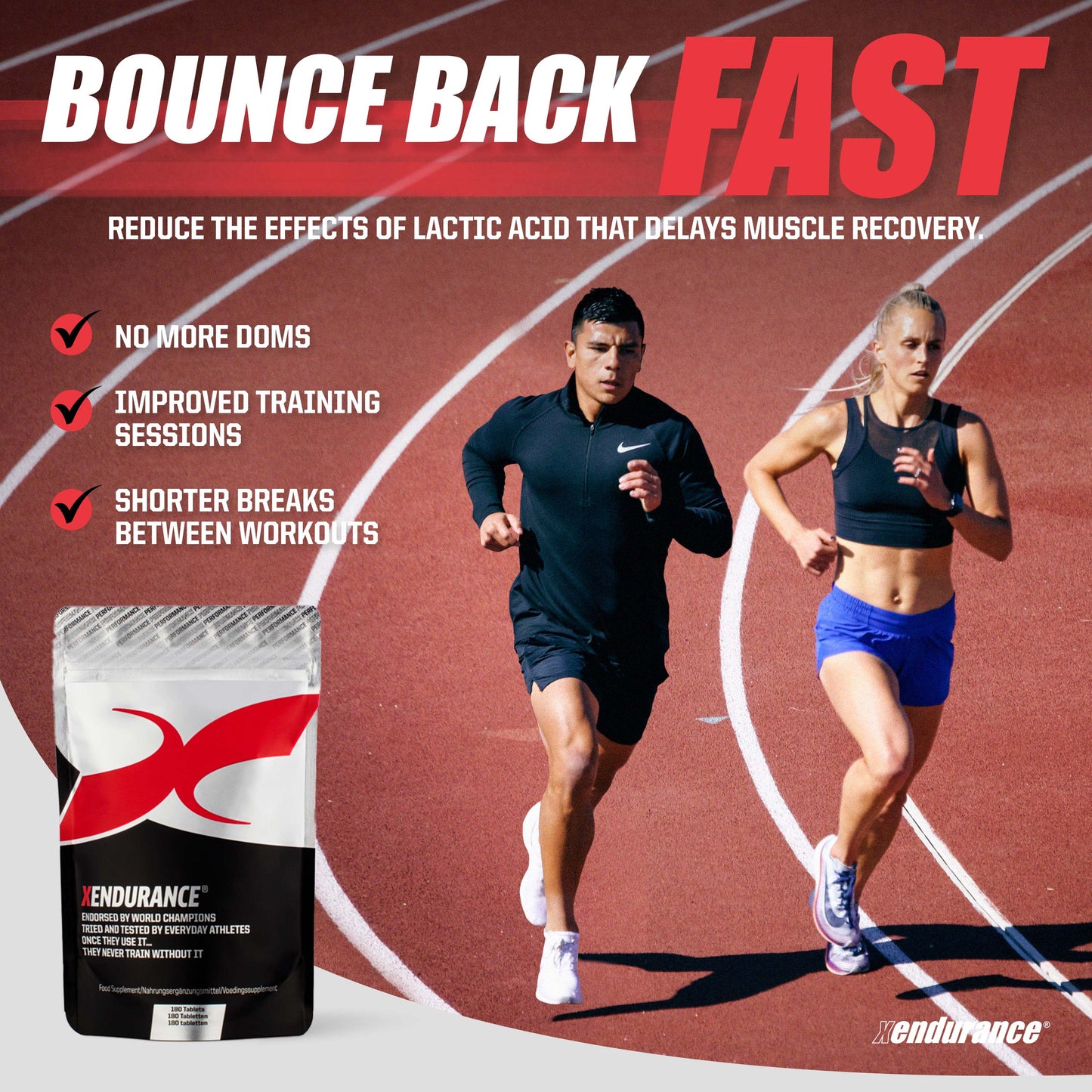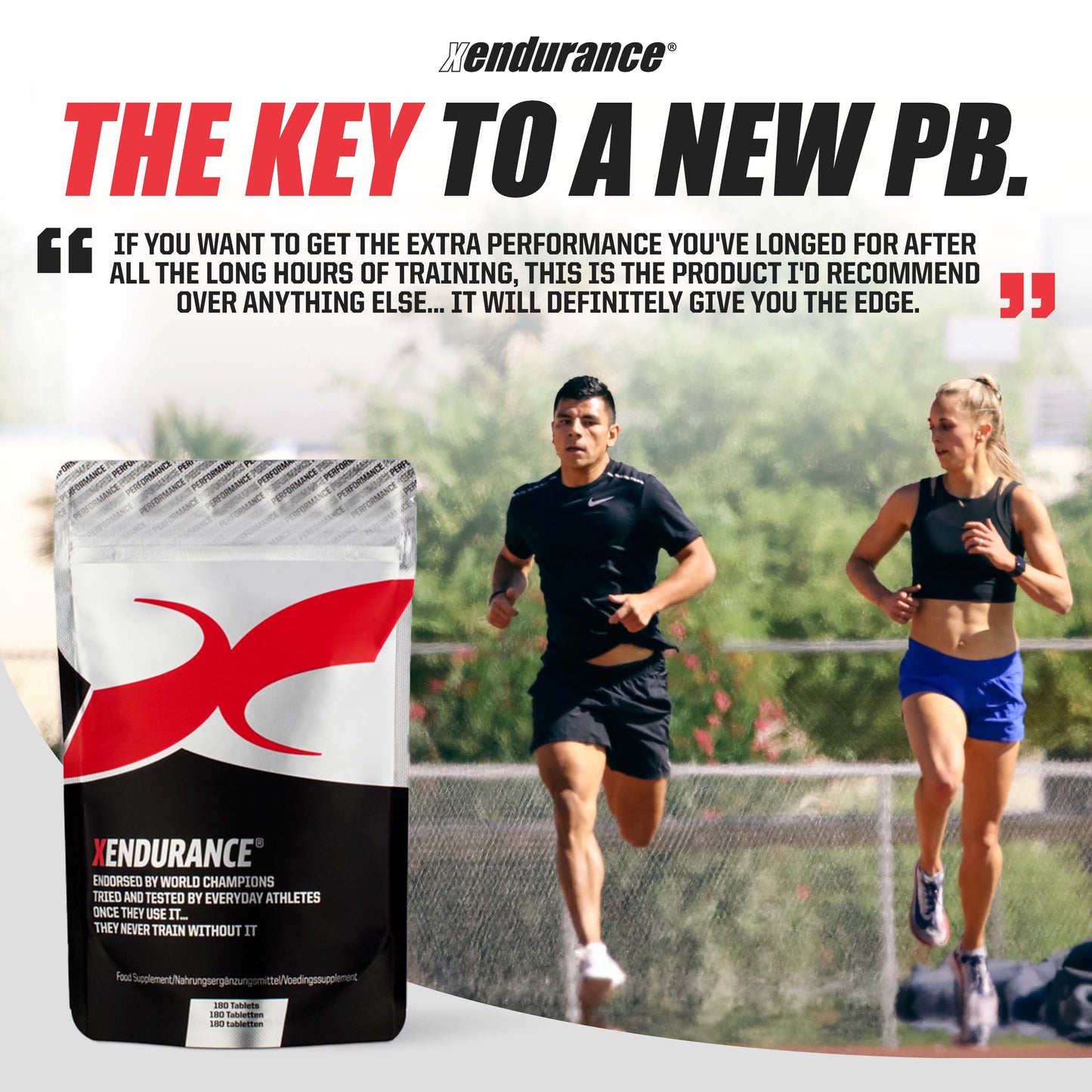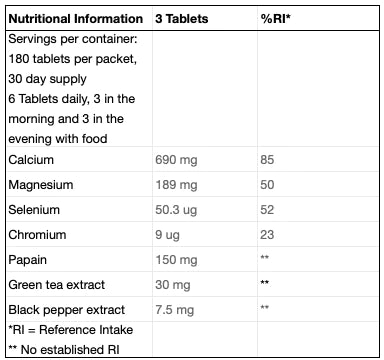Share
Research into endurance athletes shows eating more carbohydrates is linked with better performance. However, eating during sport can cause problems. During exercise, blood is diverted from the stomach to muscles for oxygen supply. This means absorption from the stomach and intestines is reduced. If you eat something and it is not absorbed, it sits in the stomach or intestines.
I have an analogy to explain this problem, so bear with me. If you have ever had slugs in the garden you may have tried putting salts on them. The salt absorbs all the moisture from the slug. The same is happening in your intestines if you don’t absorb what you have eaten. Moisture is pulled into your intestines toward the food. This causes cramping, bloating, reflux and lose stools to name a few symptoms.
Through training your gut you can improve your ability to absorb and you can reduce the moisture which moves across your intestines causing symptoms.
How can you train your gut?
Firstly, make sure you are eating foods that can be absorbed. Glucose is the most easily absorbed sugar. Fructose is the next best. You should also be avoiding fat and fibre as these take a long time to be absorbed even at rest.
Secondly find the amount of sugars, food or fluid you can tolerate without symptoms. Then systematically increase this amount during your training sessions. There are transport proteins throughout your intestines which are responsible for absorbing sugar, salt, water and much more. Transport proteins increase in number as you teach your body they are needed.
An analogy for transport proteins is a canal boat arrives at port; it is full of cargo. Cranes are needed to lift the cargo to land. More cranes allow more cargo to be shifted faster. In this analogy the canal is your intestines, the land your body and the cranes the absorption proteins in your intestines. More cranes allows faster unloading of the cargo.
I have seen this change first hand in NHS surgical patients who have had parts of their intestine removed. The remaining intestine can adapt to absorb the nutrients it needs.
Finally, consider a course of probiotics or changing your diet to maximise the diversity of bacteria living in your gut. Your gut lining is tightly compacted to prevent water moving into you intestines. However, certain bacteria can irritate the lining and make it ‘leaky’. This allows moisture to move toward foods in your gut (like salt on a slug) and cause symptoms. Changing the bacteria in your gut can make your gut less ‘leaky’.
Stress is worth mentioning. Your body’s instinct in times of high stress is to empty your bowels. This previously made you lighter to run away from predators or made you so disgusting predators wouldn’t want to eat you. Nowadays this is quite unhelpful, but learning to manage stress can reduce stomach complaints.
Practical recommendations
- Stick to glucose and fructose during exercise.
- Gradually build up your tolerance to sugar, fluid and salts during training.
- Consider a probiotic / gut health diet.
- Manage race day nerves and stress.
Written by: Sam Twine Qualified Sports Dietician, need a race nutrition plan or a diet plan to help you with weight loss? Contact Sam at samtwinesportsdietitian@gmail.com or check out his website here.
Sources
Bermon, S., Castell, L. M., Calder, P. C., Bishop, N. C., Blomstrand, E., Mooren, F. C., Krüger, K., Kavazis, A. N., Quindry, J. C., Senchina, D. S., Nieman, D. C., Gleeson, M., Pyne, D. B., Kitic, C. M., Close, G. L., Larson-Meyer, D. E., Marcos, A., Meydani, S. N., Wu, D., … Nagatomi, R. (2017). Consensus Statement Immunonutrition and Exercise. Exercise Immunology Review, 23, 8–50. http://www.ncbi.nlm.nih.gov/pubmed/28224969
Díaz-Jiménez, J., Sánchez-Sánchez, E., Ordoñez, F. J., Rosety, I., Díaz, A. J., Rosety-Rodriguez, M., Rosety, M. Á., & Brenes, F. (2021). Impact of Probiotics on the Performance of Endurance Athletes: A Systematic Review. International Journal of Environmental Research and Public Health, 18(21), 11576. https://doi.org/10.3390/ijerph182111576
Walsh, N. P. (2018). Recommendations to maintain immune health in athletes. European Journal of Sport Science, 18(6), 820–831. https://doi.org/10.1080/17461391.2018.1449895
